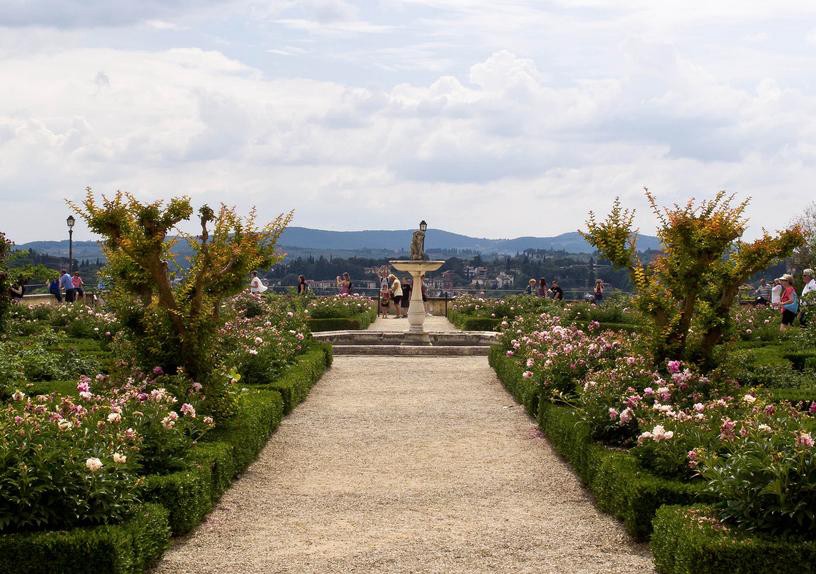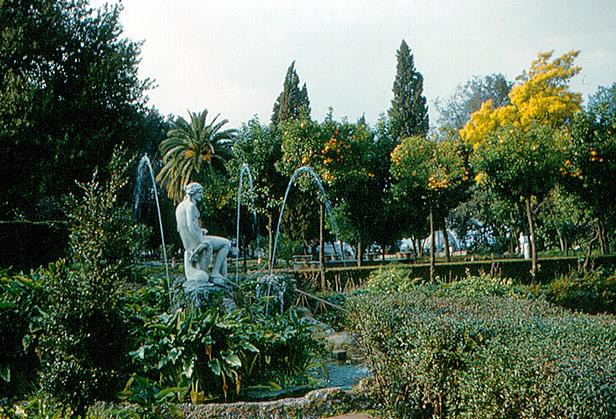Zadie Smith on Love, Death: “I was in mourning and it was winter, and the city was all stone and…
Zadie Smith on Love, Death: “I was in mourning and it was winter, and the city was all stone and diagonal rain to me”


At the New York Review of Books, Zadie Smith has a beautiful essay up about two trips to Italy, the first taken with her father:
It is not easy for a white man of almost seventy and a black girl of seventeen to go on a mini-break to Europe together; the smirks of strangers follow you everywhere. We did not like to linger in restaurants or in the breakfast room of our tiny hotel. Instead, on that first, exploratory trip, we found our pleasure in walking. Through the streets, through museums — but more than anywhere else, through gardens. No money has to be spent in a garden, and no awkward foreign conversation need be made, and no one thinks you odd or provincial if you consult your guidebook in front of a statue or a lake.
The second trip taken alone:
There is a sentimental season, early on in the process of mourning, in which you believe that everything you happen to be doing or seeing or eating, the departed person would also have loved to do or see or eat, were he or she still here on earth. Harvey would have loved this fried ball of rice. He would have loved the Pantheon. He would have loved that Rossetti of a girl with her thick black brows.
In the first season of mourning there is a tendency to overstate. But still I feel certain that this was the garden that would have made us both happy. It was a bittersweet thing to walk through it without him, thinking of our last trip together, to crowded, expensive Venice, which had not been much more successful than Florence. Why had I never thought of Rome? Like me, he would have loved the glimpses of the new arrivals: African families, Indian couples, Roma girls hand in hand. Sitting for a picnic, unpacking foods that smelled wonderfully of coriander — an herb most Roman grocers wouldn’t know from a weed.
Zadie Smith, still at the top of the essay game. The whole piece is beautiful; she captures what it’s like to travel with a parent, someone you love and are always already mourning: the simultaneous need to be both wildly alone and also fully in their presence, the expansive present-tense of a lush green garden that’s intruded upon, always, by the past that was, and the past that wasn’t, and the future that might never be.
Photo via Roger Wollstadt/flickr
[NYRB]